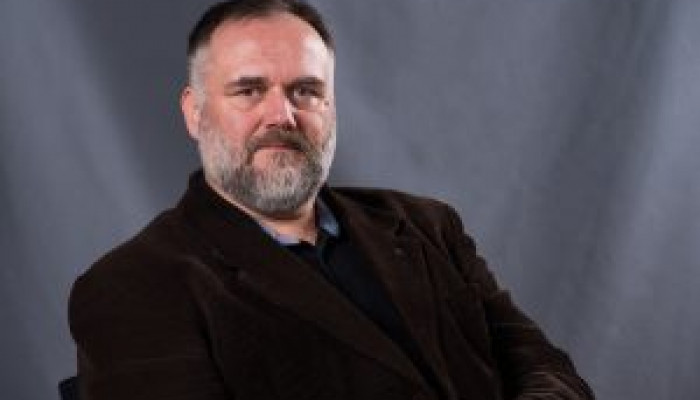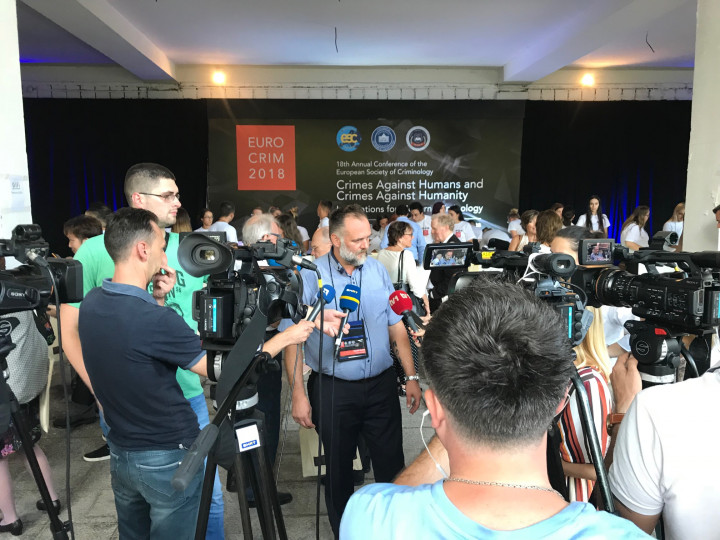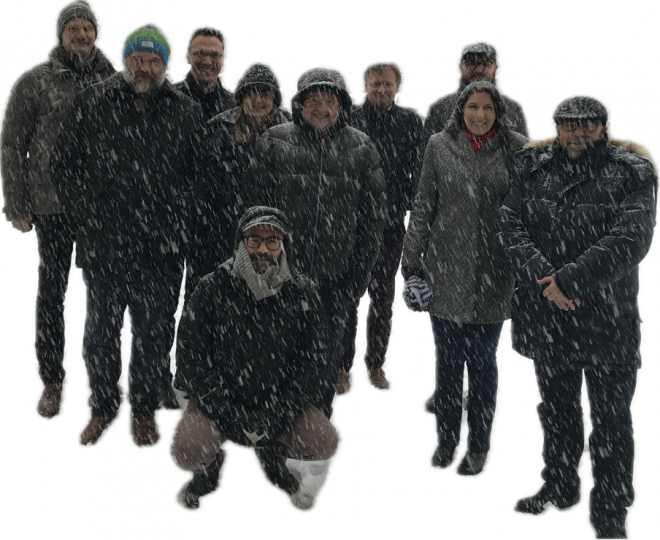25 years of the ESC - the memories of Gorazd Meško (ESC president 2017-2018)

I have been a member of the ESC since its beginning. I served on the ESC executive committee (2005-2006), gaining insights into European and broader perspectives of criminology. I organised the 2009 annual conference in Ljubljana, which was a great opportunity to serve the criminological community. From 2004 to 2018, I chaired the ESC Working Group on academic criminology curricula. The ESC annual conferences have been an excellent platform to learn about the state of the art in European criminological research and interact with other researchers. Colleagues from the region proposed my nomination for the president of the ESC. I knew it would entail a lot of additional work, but I agreed because it is a privilege to serve the scientific and professional community. The ESC annual conference in Münster 2016 was where the elections took place, and I won. I had a counter-candidate, Tim Hope, whom I would have absolutely voted for if we were not competing for the same office. I remember having breakfast with my friend Tim the day after the elections. We had a nice, friendly conversation, as usual.
Like every recent president of the ESC, I also entered the three-year term as president-elect, president, and past president. The executive committee consisted of president-elect Tom Vander Beken, past-president Rossella Selmini, elected members Letizia Paoli, Jose Angel Brandariz, Csaba Gyory (editor of the ESC Newsletter), Dario Melossi (editor of the EJC), organisers of ESC conferences (Michael Levi, 2017 and Almir Maljević, 2018), and a constant, secretary general Marcelo Aebi, a man of many skills and talents.
Europe is a very diverse place, and the same goes for the ESC and its members. People from different walks of life, different schools of criminology, different levels of research, and a variety of perspectives on individual, group, collective, societal, continental, and global issues. As a researcher in criminology, ESC conferences have been a great source of ideas and a place for making good colleagues, partners, and friends—brothers and sisters in crime(studies).

The 2018 conference in Sarajevo, after the 2009 conference in Ljubljana, was special. As a co-organiser of the Ljubljana conference in 2009, I learned a lot about organisation and communication, as well as the richness of topics presented. The Sarajevo conference had special meaning to me because I had been a visiting professor at the Faculty of Criminal Justice, Criminology, and Security Studies since 2002. For the Bosnian criminological community, organising the ESC conference was a great opportunity to catch up with the most advanced research in Europe and to present their research capacity. Up to then, there were not many young-generation criminology researchers. In addition to well-established scholars in criminology such as Almir Maljević, Elmedin Muratbegović, and Muhamed Budimlić, several young colleagues have made great progress. Mirza Buljubašić, Irma Deljkić, Darko Datzer and Sandra Kobajica Mišanović started shining on the Bosnian and wider criminology scene.
The Sarajevo 2018 conference was a great success due to the number of participants and the richness of the conference programme. The organisation was impeccable, and the level of hospitality was incredible. Activities of the Max Planck Balkan Criminology Group were also quite intensive after publishing the first comprehensive overview of criminology in the Balkan region, and books on victimology and penology in the Balkan countries were being edited. The conference impacted not only the development of criminology in Bosnia and Herzegovina but also in the broader region of the Western Balkans, Central and Eastern Europe, and beyond.
I am grateful to have been president of the ESC. It is not just an honour but also a duty to do your best to contribute to the growth of criminology, criminological research, policymaking, and the practice of crime prevention and social control institutions, as well as the endeavours of civil society.

Visiting Sarajevo – preparation for the 2018 conference
